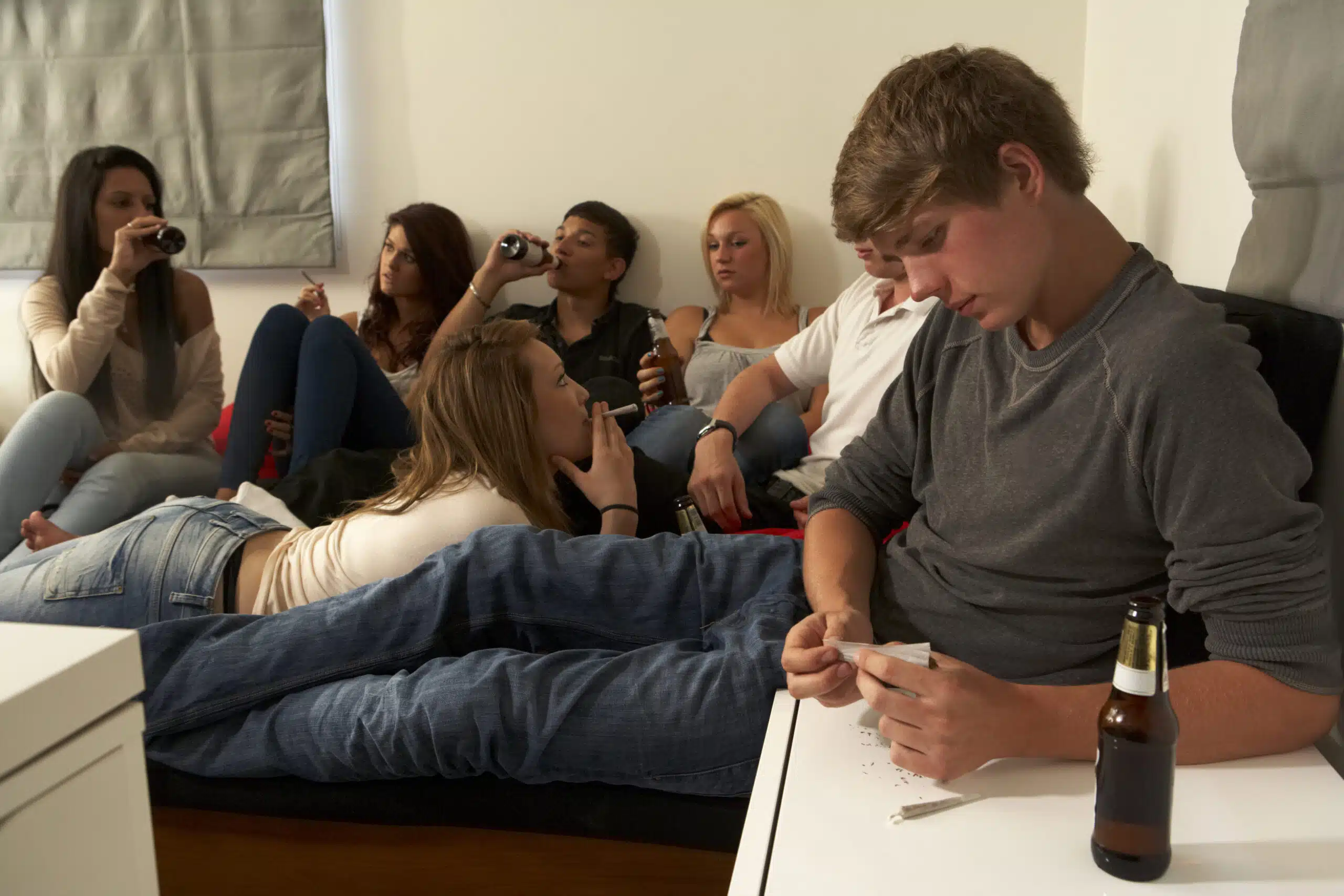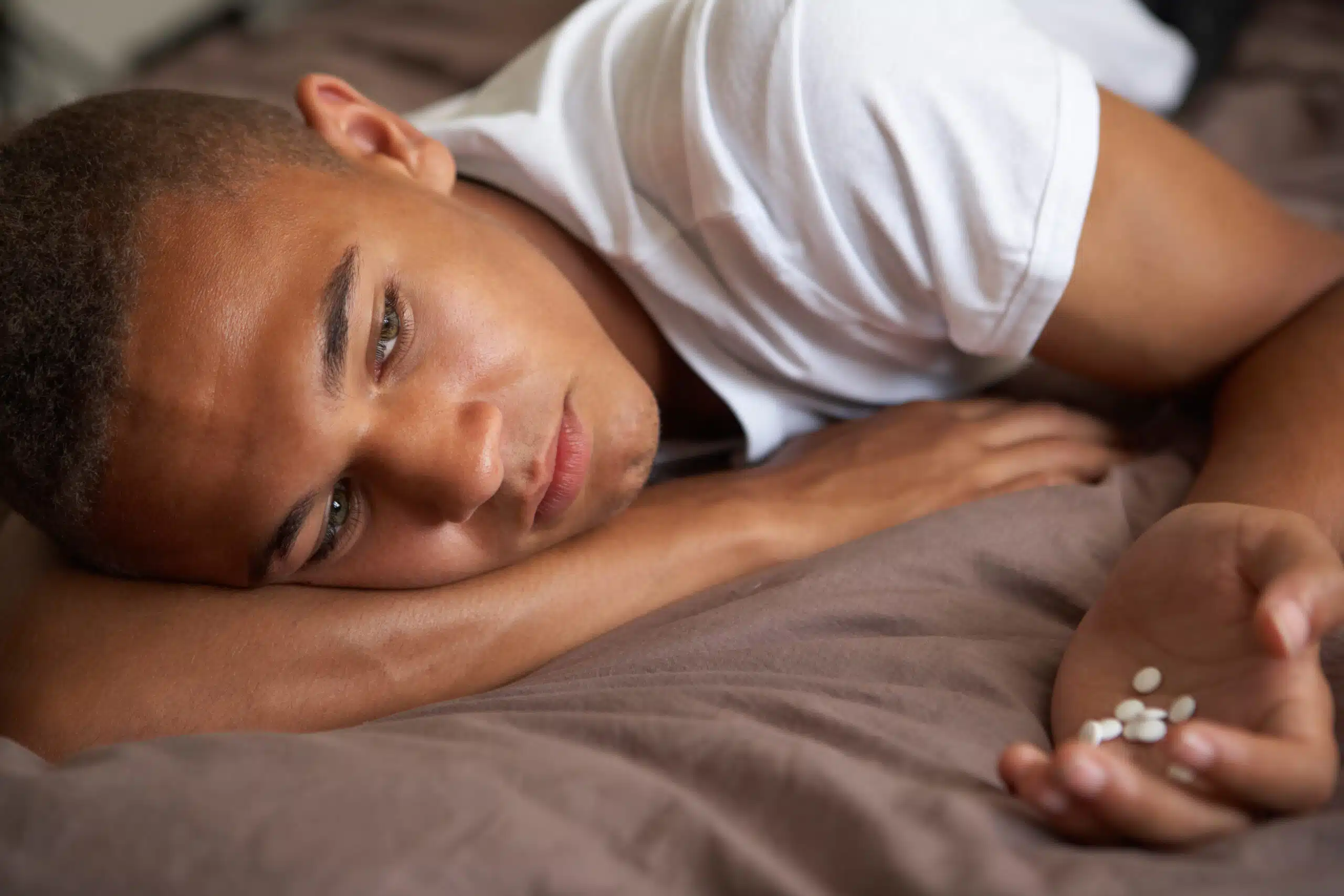
Why Aftercare Matters in Therapy
Why Aftercare Matters in Therapy
Seeking therapy can be a great thing, but it can lose its meaning without aftercare. Aftercare is an individualized plan that’s put into place after primary assessment and treatment are complete. Your teen’s aftercare plan is planned based on your teen’s specific needs to help keep them on solid footing after treatment.
For a teen who has been diagnosed with a mental illness, there are thousands of questions and concerns running through his or her mind – but aftercare is rarely one of the items on the list:
- What do I do now?
- How can I hide this from my friends?
- What are my parents and siblings going to think?
- Shouldn’t this be kept secret?
- Am I crazy?
Don’t make them go it alone.
While most aftercare programs are directly related to intensive outpatient programs or residential treatment facilities, aftercare is important in every phase of treatment when it comes to mental illness. Aftercare services can be tailored to meet the needs of your family. When your teen is ready, his or her mental health care team will develop treatment goals and plans for a successful transition into the community.
Teens with mental health issues feel like they are different from everyone else and mental illness often makes teens feel alone. Having great options for continuing aftercare will allow your teen to see that they have resources that can aid them in adjusting to life with a mental illness.
Goals of Aftercare
Aftercare planning is similar to the treatment of any chronic health condition. An aftercare plan is like a discharge plan from a hospital or treatment facility to further treat a chronic condition. In the treatment of mental health conditions or behavioral disorders, aftercare planning must include the following:
- Proper
understanding of the severity of the condition - Identification
of potential barriers to successful treatment - Outpatient
care expectations - Appointment
setting - A
realistic, sustainable self-management plan - A
protection plan to activate in the event of triggers - A
regrouping plan in the event of a recurrence of symptoms
When your teen enters the aftercare phase, there are three goals that your teen should be looking to achieve:
Build Self-Responsibility – help your teen become a functioning and productive member of society. Help your teens think about more than themselves and teach them to hold themselves to a high standard when it comes to personal responsibility for their mental health care.
Stabilize Family Relationships – family is one of the most important elements for teens in aftercare. Aftercare therapy can attempt to heal broken bonds, rebuild trust, decrease anger, and help return a family to a healthy and trustworthy dynamic.
Gain Stability – in order for your teen to successfully re-enter his or her community, they need to be stable. This means being responsible for themselves, keeping their own scheduling, helping around the house, and being able to make long-term goals.
Aftercare programs want to help keep teens immersed in their programs as much as possible through continuous support, guidance, and counseling. Aftercare programs are a terrific way to build a support system of like-minded people who have been in the same position. One of the aspects of successful aftercare is continued therapy.
Continued Therapy
Being diagnosed, assembling a medical team, and getting proper treatment are just the beginning for your teen. Aftercare programs can become a permanent part of a teen’s lifelong health care strategy. Aftercare can come in the form of individual counseling that encourages a teen to keep up their treatment program and gives them much needed professional support.
Meeting with a therapist or counselor gives your teen a safe place to share their feelings, to vent their frustrations, and offers a guide who can help them tackle problems as they come up. Counselors can keep an eye out for warning signs of a deteriorating mental condition, helping a teen in counseling get additional treatment as needed.
If your teen has already done therapy work with counselors at a residential treatment facility like Beachside, you can reach out to find out how our facility can help them after their time with us has ended.
One of the primary functions of continued therapy, whether psychotherapy or cognitive behavioral therapy, is that your teen will work with the therapist to make both short-term and long-term goals. During therapy, your teen will participate in multiple facets of therapy:
Talk therapy: therapists will guide your teen in talking about their feelings. This helps your teen express feelings and feel accepted, understood, and open to learning.
Do activities: therapists might teach your teen lessons about emotions, coping mechanisms, or how to face fears.
Practice new skills: a therapist can teach skills like meditation, mindfulness, and calm breathing. These can help your teen learn ways to lower stress and how to speak up for him or herself.
Solve problems: learning appropriate problem solving skills will help a teen at home and at school.
Continued therapy is vital to your teen’s long-term mental health. Another way to get some support is through support groups.
Support Groups
Most people know about support groups. These forms of support were made famous when alcoholics anonymous came into being. But support groups are available now for a huge variety of issues, including mental health diagnoses. Support groups are an aspect of aftercare that can supplement regularly scheduled therapy sessions.
Oftentimes, teens can feel emotionally unbalanced after diagnosis and are at risk of making bad choices. Support groups help teens grow their skills when it comes to boundaries, improving their honesty and growing their self-respect
Support groups are free and frequently available. They are a great therapeutic aftercare option that can offer teens objective viewpoints and a safe place to talk about their anxieties and issues.
Support groups are always designed for one specific issue – they are intended for participants with a single need. Here are some support group descriptions based on need:
Members of these support groups find that in addition to their regular professional therapy, sharing stories and meeting others who suffer with anxiety may be therapeutic.
Social support is absolutely vital for teens with depression. Depression can be an isolating illness. When given the chance to connect with individuals who understand depression firsthand, teens can work toward cultivating a healthier life.
Obsessive Compulsive Disorder (OCD) is life consuming- especially for a teen who lacks the mental maturity to deal with all of its intricacies. And lots of teens don’t even know that there are millions of others out there with daily obsessions and compulsions. Medication and/or therapy are important for managing OCD, but many teens can find that sharing with others helps with daily challenges.
These versions of support groups are great examples of how teens dealing with mental health issues can feel like part of a unique community of individuals who completely understand the battles they are fighting. A close cousin to support groups would be a 12-step program.
12-Step Programs
These programs have penetrated the consciousness of all people since its introduction as the primary structure of Alcoholics Anonymous. Groups like Alcoholics Anonymous, Alateen, Emotions Anonymous, Narcotics Anonymous, Celebrate Recovery (Christian), and others provide an invaluable, free resource for anyone suffering with a mental health issue.
Most major cities offer meetings nearly any time in hundreds of locations so anyone in need can find one or more locations they are comfortable with and that offers a format that feels right. Additionally, if your teenager has gone through treatment at a residential facility like Beachside, these facilities incorporate this method into their post-treatment plans for the teenager to make long-term sobriety possible.
The methodology of each program can differ, but the purpose of a 12 step program is always the same –to help people struggling with issues related to addiction or mental health. The process includes steps and goals that each member works towards and accomplishes.
Common steps in the twelve-step process include the following:
- admitting
that one cannot control one’s addiction or illness - recognizing
a higher power who can give strength - examining
past mistakes with the help of a sponsor (experienced member) - making
amends for errors - learning
to live a new life with a new view of one’s illness or addiction - helping
others who suffer from the same addictions or illnesses
So, how can a 12-step program act as aftercare for a teen with anxiety, depression, or OCD?
Emotions Anonymous (EA)
This program is designed for recovery from mental and emotional illness. EA participants come together in weekly meetings to work toward recovery from emotional difficulties. EA members come from many walks of life and are of diverse ages, social communities, economic status, and educational backgrounds.
Because it is an anonymous program, EA respects the confidentiality of its members at all times. Members don’t have to share any personal details – including last names – if they do not choose to. There is a spiritual component to the program, so there is an emphasis on defining your Higher Power. History tells us that the EA program works just as well for all religious affiliations and for those without religious beliefs.
EA provides a supportive, non-judgmental environment where people can share experiences without fear of criticism. Weekly support meetings help members understand that they are not alone in their struggles. Though each person’s symptoms may differ, the underlying emotions are the same.
By participating in programs like EA as an aftercare measure, teens are able to continue discussing their struggles and symptoms with people who truly understand what they are going through. Knowing they are not alone will help teens better handle symptoms or episodes of anxiety, depression, or OCD when they occur. The people in the group will become knowledgeable resources teens can reach out to for help.
Benefits of Aftercare
Aftercare builds self-awareness, and self-awareness gives teens the strength to face new symptoms, recurring symptoms, or full blown episodes. Participation in aftercare programs is designed to reduce future needs for inpatient care or emergency hospitalization.
For teens beginning on the to recovery, aftercare provides support to help people:
- Commit
to lifelong recovery - Find
and embrace a support network - Stay
healthy physically, with follow-up appointments - Continue
mental and emotional healing
The realization that recovery is not a single event can be a shock to anyone, but especially to a young person who doesn’t want to deal with a mental health condition for the rest of his or her life. By networking with others who have been in recovery, teens can learn how support groups and working with one’s health care team are simply a part of the healing process.
For teens new to aftercare recovery programs, they need to learn that one’s recovery can be very challenging due to stresses and triggers of daily life. Active participation in aftercare programs is incredibly important because they help provide teens with uniquely valuable support for maintaining recovery. Sustaining recovery is essential because it is easy for teens to ignore their doctors, learning from other people is incredibly helpful, aftercare provides a unique community, and the effectiveness of aftercare is supported by research.
Teens with a mental illness often don’t want to listen to any professional and choose to live in denial. Aftercare support can reinforce long-term behavior change because the participants all have similar issues. Participating in aftercare is an active way to build on the foundation of your mental health care team’s plans.
Participating in aftercare allows people to talk about how they use their active coping skills in real-life situations. Teens get encouragement for doing well and constructive feedback when they need to improve their coping skills in specific areas. Teens can also a lot learn by listening to, and sharing with, people whose experiences are similar.
Those who participate in aftercare become part of a unique community of people who share similar goals. This community of peers is useful for offering support. For example, conversations in aftercare could help a teen realize that skipping meds or skipping therapy are bad choices that lead to self-destructive behaviors.
It’s also important to note that research shows aftercare helps people sustain their recovery. Looking at the words of people dealing with addiction and mental health issues, we can see that regular aftercare participation is one of the best predictors of sustained recovery. One long-term study covering 40 years found that individuals who successfully maintained positive mental health were attending 20 times as many aftercare meetings as patients who did not.

Conclusion
Aftercare is one of the most critical components of long-term mental health care. When participants actively pursue their aftercare plans, they are less likely to be admitted to a hospital, less likely to experience mental health episodes, and are more likely to find a supportive community that aids them in their long-term recovery.
By placing your teen into a therapeutic program at Beachside, you can ensure that they will receive the treatment that will best help them manage and overcome the challenges associated with their mental health issues and addiction so that they can make strides towards leading a normal, healthy life into their adulthood.




